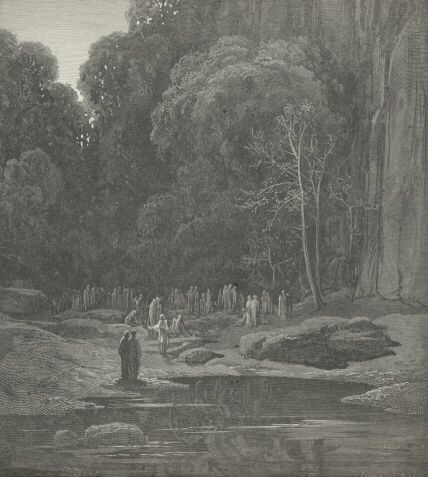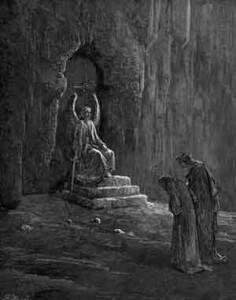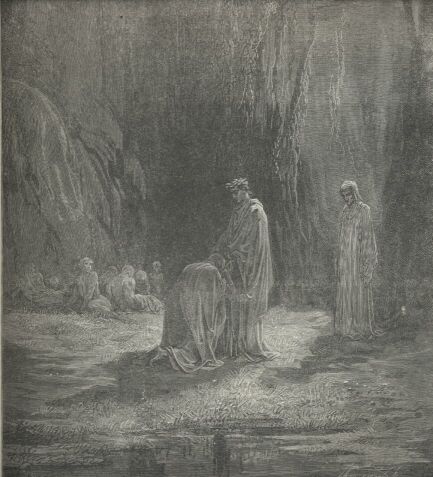Podcast: Play in new window | Download (Duration: 27:17 — 18.8MB) | Embed
Subscribe: Apple Podcasts | Spotify | Amazon Music | Android | Pandora | iHeartRadio | JioSaavn | Podchaser | Gaana | Podcast Index | Email | TuneIn | Deezer | Anghami | RSS | More

The Communion Rite – The Way of Mystery with Deacon James Keating
Deacon James Keating reflects on the sacred reality of receiving Holy Communion as an act of faith and new life. Rising from the pew mirrors Christ’s call to Lazarus — a movement from death to life. Communion is not a casual act but an encounter with the living Christ who dwells within us to bring us through death into eternal life. Deacon Keating invites us to approach the Eucharist attentively, using reverence, focus, and prayer to center the heart on the mystery being received. Even distractions during the procession can become moments of intercession. Saying “Amen” boldly affirms one’s desire for salvation, while gestures like bowing unite body and soul in readiness for divine encounter. After receiving the Eucharist, silence allows the soul to interiorize grace — a sacred “epiclesis” within the communicant, like Mary’s silent fiat at the Annunciation.
This encounter leads to transformation and mission. The silence after Communion is where conversion deepens, forming the faithful to bring Christ into the world. The Mass is not complete until we allow the Lord to change us, sending us forth as witnesses in daily life. Fear often stifles this transformation — fear of rejection, ignorance, or standing alone in truth — yet authentic community and deeper knowledge of Christ dispel such fear. Participation in daily Mass, Eucharistic adoration, and acts of charity sustain this conversion. Each small offering or self-denial extends the mystery of the Mass into everyday life. The Eucharist thus unites worship and mission, healing the divide between faith and ordinary living so that the lay vocation can renew culture through Christ’s abiding presence.
Discerning Hearts Reflection Questions
- When I rise to receive Holy Communion, do I truly recognize it as a movement from death to life in Christ?
- How mindful am I of Christ’s presence as I process toward the altar, and how can I gently refocus when distractions arise?
- Do I proclaim my “Amen” at Communion with conviction, aware that I am affirming my desire for salvation?
- How does my bodily reverence—such as bowing—reflect my inner readiness to receive the Lord?
- In what ways can I allow silence after Communion to deepen my encounter with Christ rather than rush through it?
- Do I permit the Eucharist to transform me into a person who brings Christ’s presence into the world?
- What fears hold me back from witnessing to my faith, and how can I bring those fears to the Lord in the Mass?
- How do I support others in my community who strive to live and speak the truth of the Gospel?
- Am I nurturing my relationship with Christ beyond Sunday through daily Mass, adoration, or personal prayer?
- How can I carry the grace of the Eucharist into my daily life by acts of charity, sacrifice, and love?
Deacon James Keating, Ph.D., is a professor of Spiritual Theology and serves as a spiritual director at Kenrick Glennon Seminary in St. Louis, MO.







 composed by St. Alphonsus of Liguori
composed by St. Alphonsus of Liguori
